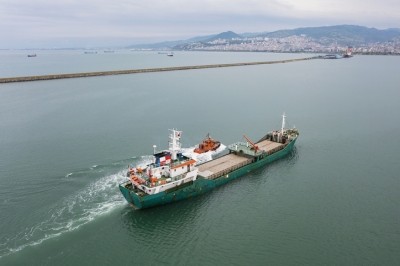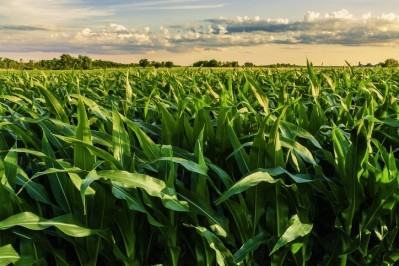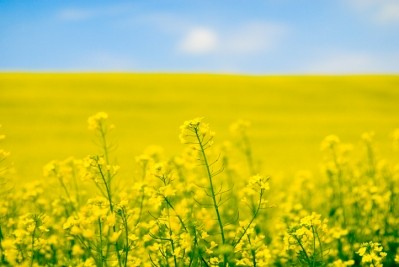Wheat futures fall as Black Sea grain export deal extended

London wheat futures for November-23 dipped by 1.9% to a 14-month low. Paris milling wheat futures for September-23 fell by 1.4%, and earlier touched their lowest since January 2021.
US wheat prices suffered even bigger declines, against a backdrop of a strengthening dollar, which touched its highest in seven weeks against a basket of currencies, so eroding the affordability of US assets, they added.
Chicago soft red winter wheat futures for July-23 dropped by 2.9%, returning close to two-year lows. Hard red winter wheat for July-23 slid by 3.7%, reversing a little of the recent outperformance which has driven its premium to Chicago wheat to historically high levels. The decline came even as results of the crop tour of Kansas, the top hard red winter wheat-growing state, remained poor, with the day two yield estimate the lowest in at least 30 years, as a result of drought damage, said the CRM Agri team.
The renewal of the Black Sea grain export deal, in cutting supply chain risk, justifies lower grain prices for now. But it does not change the tighter 2023/24 outlook for wheat which should provide support for values longer-term, noted the grain and oilseed market experts.
Export pace to pick up
The Ukrainian grain corridor, aimed at ensuring the flow of grain, foodstuffs and fertilizer amid global shortages exacerbated by the conflict in the Black Sea, has now allowed the safe export of more than 30 million tons, since it first began in July last year. Grain exports through the corridor had slowed to 350Kt over the past week, however, given the uncertainty over whether the deal would be renewed, reported the UK analysts.
“The deal should allow that pace to recover, and removes a cloud too over Russia’s exports, which might have been hampered by aftershocks if the deal had not been renewed.
“Russia still has large grain reserves left over from 2022’s record harvest. Indeed, at 17.6Mt, it will end 2022/23 with an unprecedented 29% of the wheat supplies held by major exporters, according to the USDA. Continued access to these stocks, as well as Ukraine’s, stems the need for importers to focus on alternative supplies from the likes of the EU and US.”
Risks remain
Still, markets should be mindful of limits to the renewal too. It will last for only 60 days, with potential for further wrangling thereafter.
The UN on Wednesday acknowledged long-standing Russian gripes over the deal, saying that “we hope that exports of food and fertilizers, including ammonia, from the Russian Federation and Ukraine will be able to reach global supply chains safely and predictably.”












